How many hats do you wear? Parent, child, spouse, friend, employee, employer? Whatever roles you’re responsible for, when your child’s mental health declines, and you’re expected to work as if it hasn’t, it can add an additional layer of stress to an already challenging situation.
As well as the worries and fears about what’s happening for your child and how you might get them the support they need, you may feel you’re not as present, either physically or mentally, as you’ve been before or as much as your family/team/employer needs.
If you’re working outside of the home, this can lead to a myriad of fears - reduced income if you need to take unpaid leave, judgement and disappointment from your co-workers, and maybe even losing your job or your career path. If you’re self-employed, the pressures of ‘no work, no pay’ can also feel overwhelming, challenging your basic sense of safety.
When we feel that we’re not able to show up at work because we are consumed by what’s going on at home, this can have a deep impact on our sense of self-worth and confidence. It can damage our belief in ourselves and our agency, which in turn can impact how we’re able to be present and patient at home and work. The layers of stress that this experience brings on so many levels cannot be underestimated.
So, how can you ease the pressure on yourself? Well, here are three things you can try to help:
Understand the physiological impact - it’s not you, it’s your brain!
We’re all about reducing shame and guilt at Parenting Mental Health, so our first point has to be a reminder of your physiology. Parenting a child with poor mental health and the emotional load of supporting, advocating and often (sadly) fighting for help will have an impact on your brain, making your usual juggle of life, work and family harder than ever.
Your brain will begin to scan for threats the whole time and may start to take you straight to a negative conclusion in situations: things like not being included on an email thread you think you should have been, so your brain concludes it’s a sign you’re no longer wanted at work, or finding out some of the class parents went for a drink last Friday evening but you didn't get invited, so your brain concludes it's a sign you're not liked anymore. These examples reflect the simplistic - and often completely wrong - responses we come to when we’re under pressure, either when our child is in crisis or when we’re under prolonged stress and our brain is in survival mode.
Survival mode doesn’t leave space for creativity or collaboration, because our brain is focused on keeping us safe and alive. In a hyper-vigilant state, our patience and capacity to concentrate and perform are reduced, while self-judgement, overthinking and stress all increase. If we can begin to allow ourselves to be human and recognise our thoughts and reactions as a physiological response to the levels of stress we’re carrying, it can take some of the ‘personal’ out of it. We can then reduce the pressure on ourselves, recognise the things we need in this extraordinary time, and stop the downward spiral that this is a choice and it’s all our fault because it absolutely isn't!

Let’s get practical…
While employers are definitely starting to appreciate the impact of parenting on our ability to show up, we can’t yet expect universal rights to support. If you're feeling the pressure of balancing work and caring for your child, then you have some statutory rights, as set out by Parliament, but it's worth checking your employment contract for any contractual rights you have. These might include rights to time off for appointments for your child, and what paid and unpaid leave you can take. Your employer may also offer private healthcare, or adjustments to your working patterns to accommodate your caring needs, which don't always mean a change to working hours; it could be as simple as having your phone with you while you work or being able to take personal calls; allowing you to work from home consistently; having a quiet space or person to go if things become overwhelming; or changing a public facing role to an internal one.
If your mental health is impacted by your caring role, as it is for so many of us, you may be covered under the Equalities Act 2010. The Act says that you have a disability if you have a physical or mental impairment that has a substantial, adverse, and long-term effect on your ability to carry out normal day-to-day activities. This can protect you against constructive dismissal, and enable adjustments to your working pattern, the kind of work you do, and how you do it.
Communication is key
It’s easy to assume that our colleagues understand - or really don’t - what we’re going through. But unless we communicate what is going on - or the impact of it - we don’t allow others to understand or support us. There’s still (sadly and shockingly) stigma around poor mental health so it's natural to fear how people will respond but don't let it stop you from sharing your situation, as it could be stopping you from getting much-needed support.
If your employer has an HR person or department, make contact with them - and if not, speak to your boss - and if you can, try to do it before things get really tough. Consider what you want support with and be clear in your asks. Share only as much as you’re comfortable with but whatever you say, use clear language around what is happening and the impact it is having on your life and ability to perform your role.
You may decide to be broad and say your child is having some health issues, or you may share they have a mental health issue. It may help to use the curve from my book (Never Let Go - How to Parent Your Child through Mental Illness) to show where they are in their experience and express what this means for you:
- you don’t know how long this will go on, but you would appreciate flexibility and understanding
- there is a greater level of uncertainty in your family at present which means you need to work flexibly/from home/can’t be public facing etc.
- you are committed to your role and the company but you want them to be aware that your own mental health may be impacted
No one goes through life with everything sorted, but with around 20% of children and young people having a probable mental disorder, it’s likely that someone in your organisation will also have a child or know a family going through similar experiences to you, so the more you can share that things are challenging, the more you may be able to share the load.
Final thoughts...
I have to finish with a plea, to take care of yourself and to make sure your needs are being met. We so often place ourselves firmly at the bottom of the list, don’t we? Being the ideal colleague, employee or boss can add another demand that needs to be met. But what if you prioritised becoming more resourced and better rested? How might that help you to find a place of flow and allow you to bob along a bit better, if not thrive?
Suzanne Alderson is the best-selling author of Never Let Go - How to Parent Your Child through Mental Illness, which can be purchased
here.

